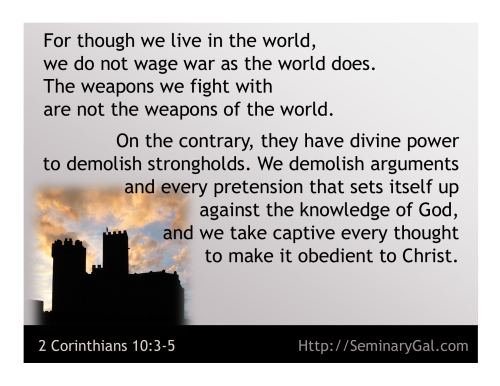My son and I were discussing Memorial Day and how to many people, this day of remembrance of soldiers who died has become a Veterans Day-The Summer Edition. I wondered if it’s because Americans do not like to ponder death as much as they worship youth. Or we considered, is it that in a narcissistic culture in which it’s “All About Me,” many of us no longer have a connection with someone who died in a war? The WWI and WWII generations are aging out of predominance. Is it that wars are waged differently now–since the Vietnam War–and while there are still those who have tragically lost their lives, far more common are the wounded warriors who come home from today’s wars maimed and bearing emotional, psychological, and physical wounds?
Most earthly wars cannot reasonably be described as holy wars or ones with a clear religious motivation as the sole declaration of purpose. Yes, religion plays a part on an individual and personal level for Americans, but it’s generally politics and not a holy war for American culture.
The true holy war is never one we see in a physical sense.
The spiritual battle is fought against an invisible enemy and our weapons of war aren’t what the world uses in battle.
In Ephesians 6:12, Paul reminds us, “For our struggle is not against flesh and blood, but against the rulers, against the authorities, against the powers of this dark world and against the spiritual forces of evil in the heavenly realms.” The he tells us about the weapons of the spiritual battle. Over the next few days we will explore how the spiritual battle is waged and how the holiness of the holy war is preserved by standing firm in the face of evil.
